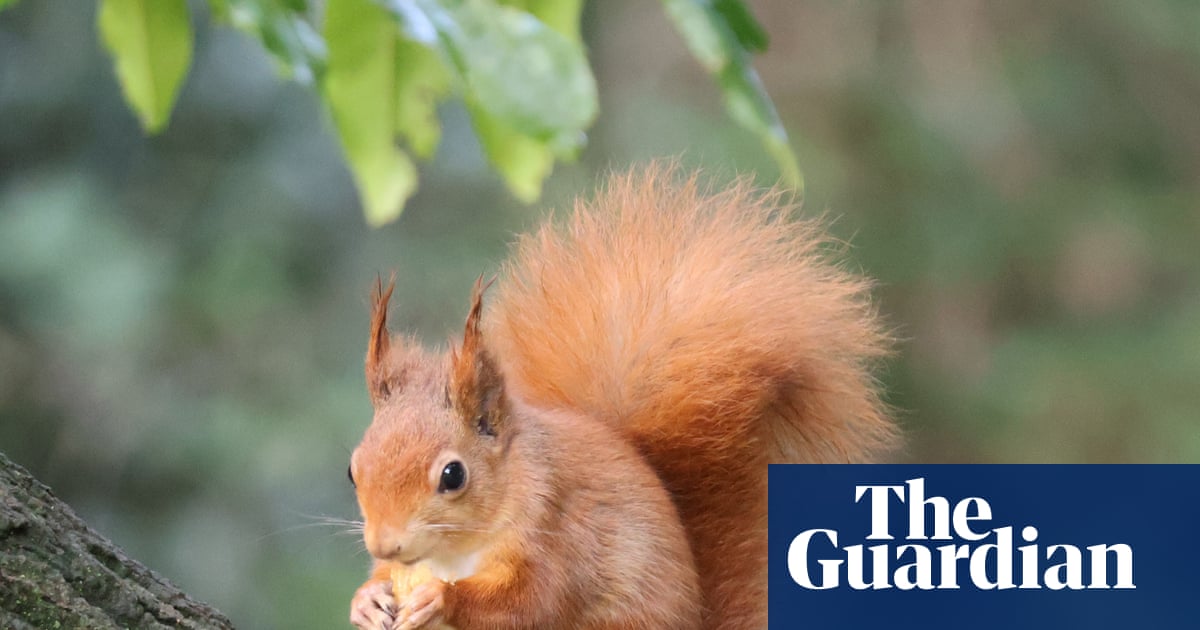
"Red squirrels are thriving on the Isle of Wight where they have enough food and a suitable habitat to support a population that could almost double, a study has found. Using climate models, the researchers mapped how the red squirrel population would fare under different climate breakdown scenarios such as temperature changes and low levels of rainfall, finding no direct impact on their survivability and a natural ability to adapt to a range of climactic conditions."
"Through analysis of fur samples, researchers also ascertained that the island was home to two genetically distinct groups of red squirrels. While one sub-population is concentrated more towards the east of the island and the other towards the west, there are encouraging signs that two groups are beginning to mix, supporting the genetic diversity and overall health of future generations. There are an estimated 3,500 red squirrels on the Isle of Wight, the largest remaining population of the endangered species in southern England."
"This is largely due to the unique geographical position of the Isle of Wight and the Solent, which separates it from mainland England. Red squirrel numbers have fallen dramatically across mainland England since the introduction of invasive grey squirrels in the late 19th century, which outcompete them for resources and carry the squirrel pox virus that is fatal to red squirrels."
Climate models indicate red squirrels on the Isle of Wight face no direct survivability threats from projected temperature changes or low rainfall and display adaptability across climatic conditions. Fur-sample analysis shows two genetically distinct sub-populations concentrated toward the island's east and west, with early signs of intermixing that bolster genetic diversity and future population health. The island supports an estimated 3,500 red squirrels, the largest remaining southern England population, aided by geographic separation from the mainland. Mainland declines reflect invasive grey squirrels and squirrel pox; island populations remain vulnerable to limited genetic diversity and require ongoing monitoring.
Read at www.theguardian.com
Unable to calculate read time
Collection
[
|
...
]